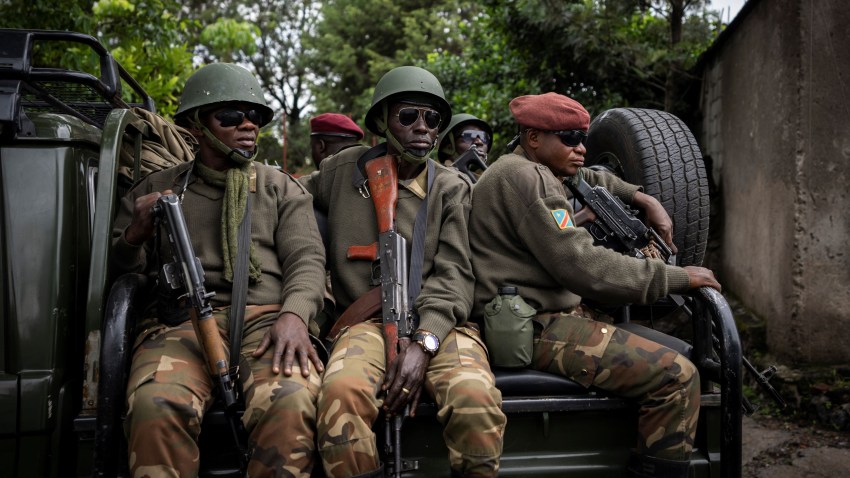As conflicts and crises persist around the world, there is growing uncertainty about how—or if—they will be resolved. The international order is fraying, generating uncertainty about who will intervene and how these interventions might be funded.
There are interminable conflicts, like the situations in Syria, Somalia and the Sahel, which have produced years of violence, countless thousands of deaths and even more refugees. Then there are the emerging hot spots, including Sudan and Mozambique, and any number of potential flashpoints, like the China-India frontier, the South China Sea and the Eastern Mediterranean. The Russian invasion of Ukraine has now brought high-intensity, interstate warfare to the heart of Europe for the first time since the end of World War II. And the latest outbreak of fighting between Israel and Hamas has once again reminded global leaders that the Israeli-Palestinian conflict can only be ignored at great peril.
At the same time, the nature of terrorism is also changing. After a period of recalibration following the loss of its caliphate in western Iraq and Syria, the Islamic State has once again become more active in the two countries, even as it shifts its attention to new theaters of operation, like the Sahel, Afghanistan and Southeast Asia. In so doing, the group and its affiliates are taking advantage of dwindling international interest in mounting the kinds of counterinsurgency campaigns needed to meet these new challenges.
These developments come at a time when Western powers have shown a flagging interest in conflict intervention, more broadly, as evidenced by the general disinterest in the civil war in Ethiopia’s Tigray region for the two years it lasted. And after a decade-long effort to counter Islamist groups in West Africa’s Sahel region, France and its European partners have now withdrawn their forces, having failed to accomplish any of their stated goals.
U.N. peacekeeping operations, which might traditionally have played a role in mitigating these conflicts, are also suffering from flagging enthusiasm. Difficult, unwieldy missions in places like the Democratic Republic of Congo and South Sudan have curbed the global appetite for peacekeepers. Now the fallout from the West’s geopolitical standoff with Russia threatens to paralyze the Security Council, which could further jeopardize the U.N.’s peacekeeping capabilities. The resulting vacuum has opened up opportunities for regional organizations, including the African Union, to fill the gaps. But it is not yet clear if they will.
All of this is happening against a backdrop of proliferating humanitarian emergencies due to conflict and natural disasters. Persistent fighting in eastern Congo continues to generate widespread displacement. More broadly, refugee numbers are swelling, even as climate change is generating new crises, while further stretching the scant resources available for addressing the existing ones.
WPR has covered the world’s conflicts and crises in detail and continues to examine key questions about how they will evolve. How will the wars in Ukraine and Gaza affect efforts to intervene in existing conflicts and prevent emerging ones? How will persistent conflicts in Syria, Somalia and the Sahel be resolved, and can more humanitarian crises be averted while the fighting lasts? As the effects of climate change accelerate, will the world address the humanitarian crises it causes? Below are some of the highlights of WPR’s coverage.
Our Most Recent Coverage
The U.N. and the Media Are Both Getting Casualty Counts in Gaza Wrong
Narratives about civilian casualties in Gaza misconstrue how casualties are estimated and misunderstand what a civilian is.
Editor’s note: This article was originally published in July 2019 and is regularly updated.

